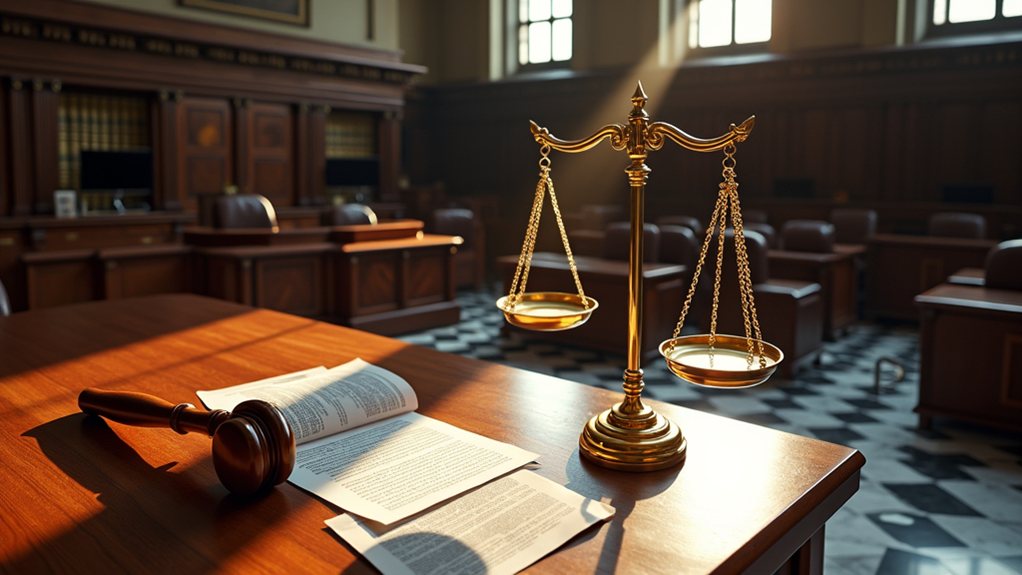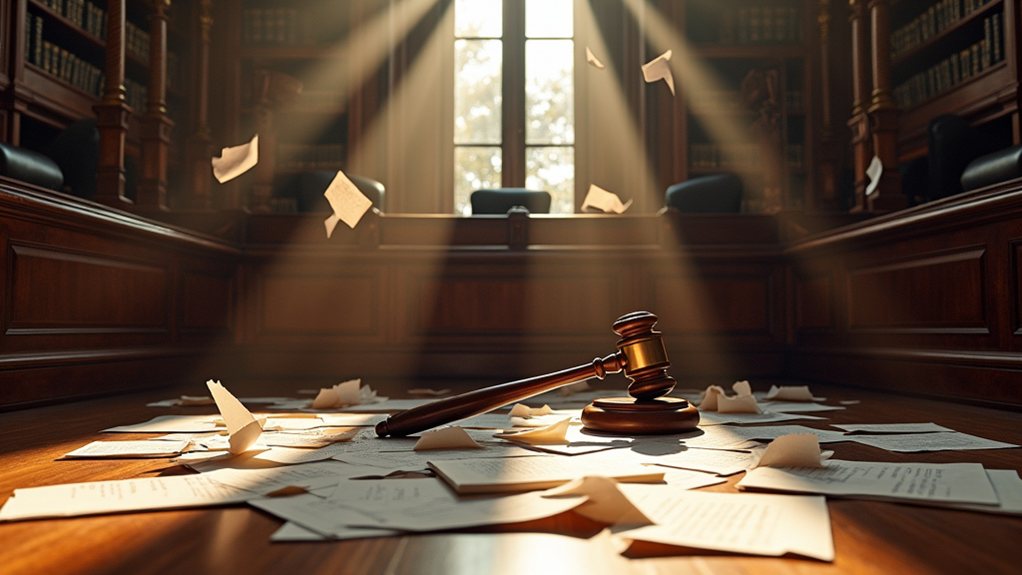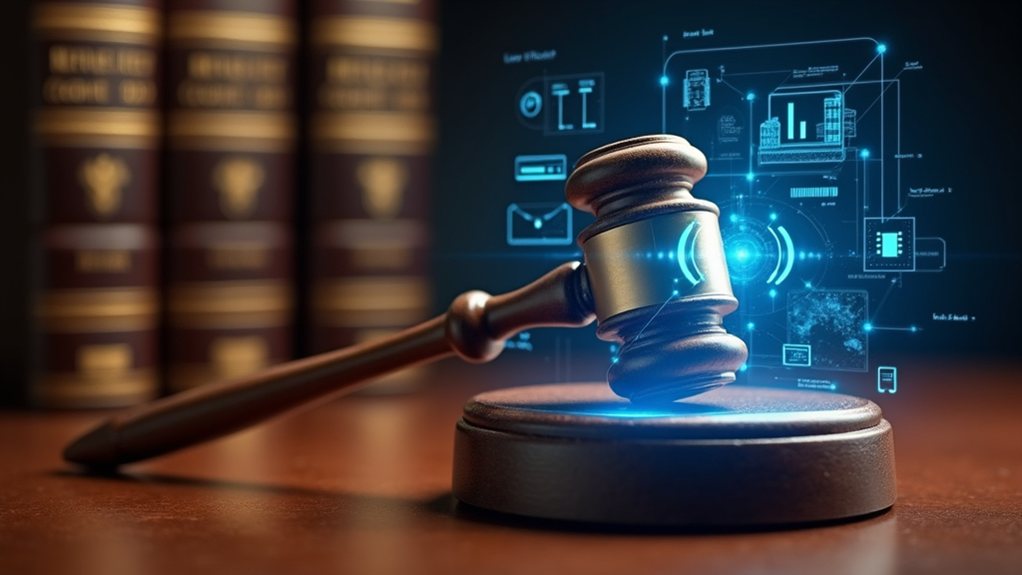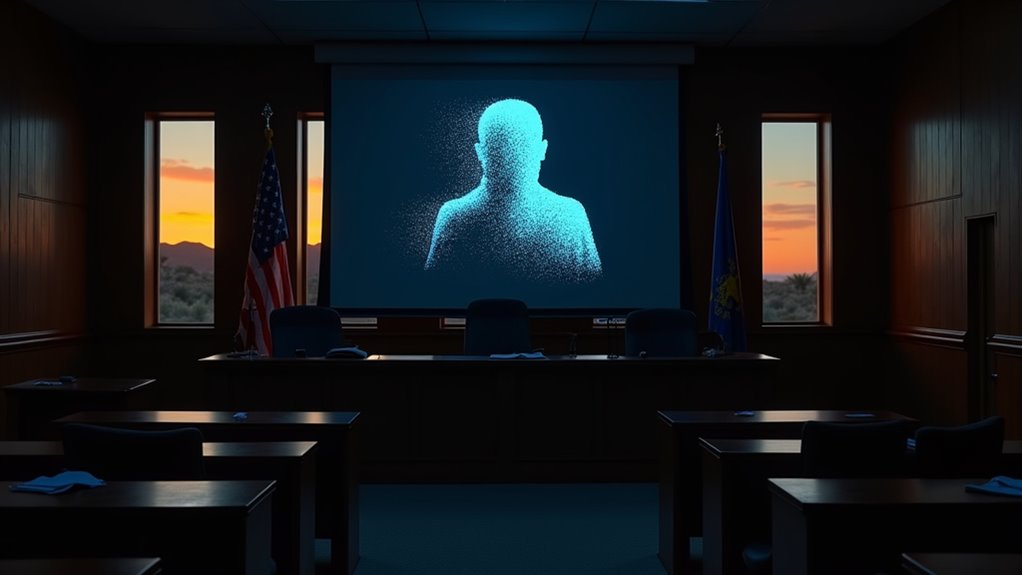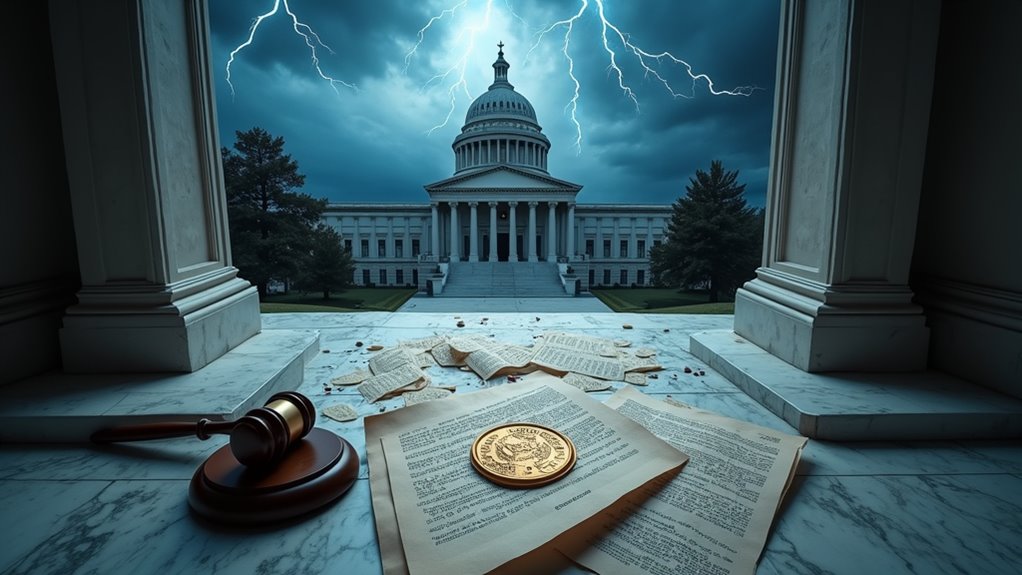OpenAI’s recent courtroom conquest over Open Artificial Intelligence, Inc., for the “OpenAI” vs. “Open AI” trademark, is making waves in the AI branding world. Judge Rogers drew a line in the sand, deeming the latter’s attempt as straight-up copycatting. This serves as a solid warning to any brand wannabes; genuine commerce, or face legal fire. With this ruling, clarity in AI branding is now as necessary as a lightsaber for a Jedi. Want more insights? You’re in the right place.
While most of us are still trying to figure out if we can trademark our own outrageous bedhead look, OpenAI has boldly secured a legal victory that cements its dominance in the AI-branding world. This isn’t just any courtroom drama — it’s like watching a legal version of “Game of Thrones,” minus the dragons, but with all the backstabbing and intrigue.
OpenAI, the king of AI thanks to products like ChatGPT, found itself locked in a battle with Open Artificial Intelligence, Inc. This lesser-known entity, which cheekily attempted to register the “Open AI” trademark just a day after OpenAI’s founding, now finds its ambitions squashed, courtesy of a no-nonsense federal court ruling. At the heart of this legal showdown was the concern over potential consumer confusion, which focused on whether customers might mistakenly associate the two brands.
In July 2025, the courts decided enough was enough. The honorable Judge Yvonne Gonzalez Rogers declared OpenAI the rightful guardian of the “OpenAI” brand, canceling the defendant’s trademark registration faster than you can say “objection!” The ruling didn’t just protect a brand; it was a clarion call to any would-be imitators. The judgment put a permanent restraining order on using “Open AI” or anything vaguely similar. Nice try, but you’re not fooling anyone.
Central to this drama was the question of genuine commerce use versus opportunistic mimicry. It turns out, slapping a name on products after someone else has become famous isn’t the best strategy. Thank Judge Yvonne Gonzalez Rogers’ astute determinations of fraudulent procurement of Ravine’s trademark for shutting down this mimicry. Who would’ve thought?
This verdict carries heavyweight implications for all AI companies, like dropping Thor’s hammer on those hoping to ride on the coattails of established brands. It underscores that in the wild west of AI — where the pace of innovation is only matched by confusion and imitators — clarity is power. In an industry where only 35% of people trust AI, this legal clarity helps establish which companies are truly committed to responsible innovation.
The court’s decision doesn’t just protect OpenAI; it lays down a marker for future legal battles over AI branding. This precedent is like a legal lightsaber for companies needing to slice through the noise and claim their identity in this tech galaxy.
In short, if you’re in the AI game with grand trademark intentions, make sure you’re coming to the table with more than just a clever name.
